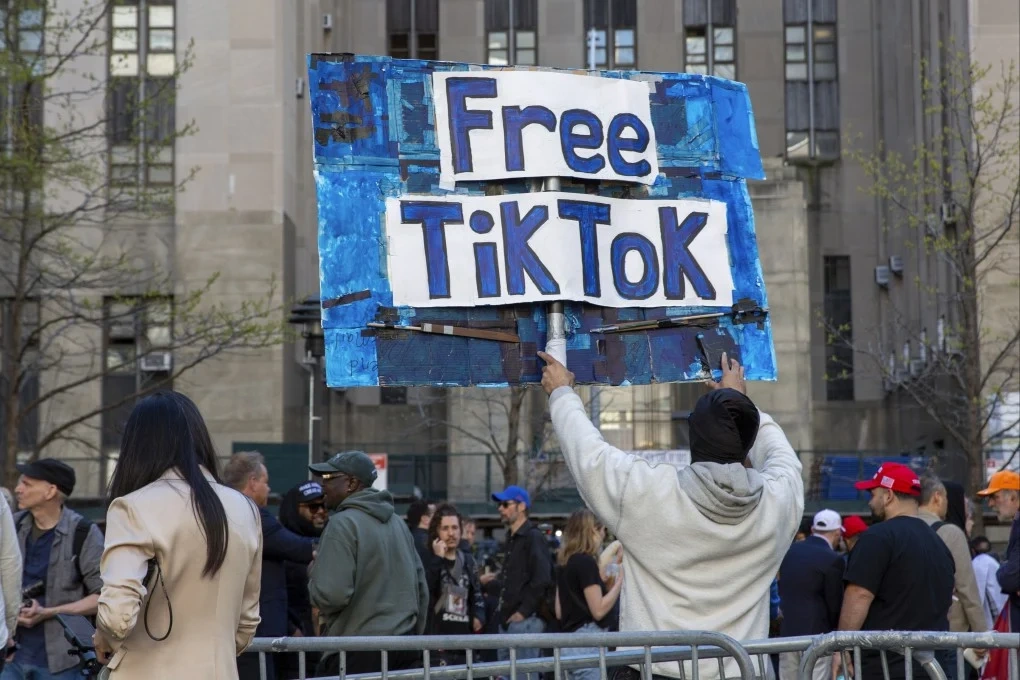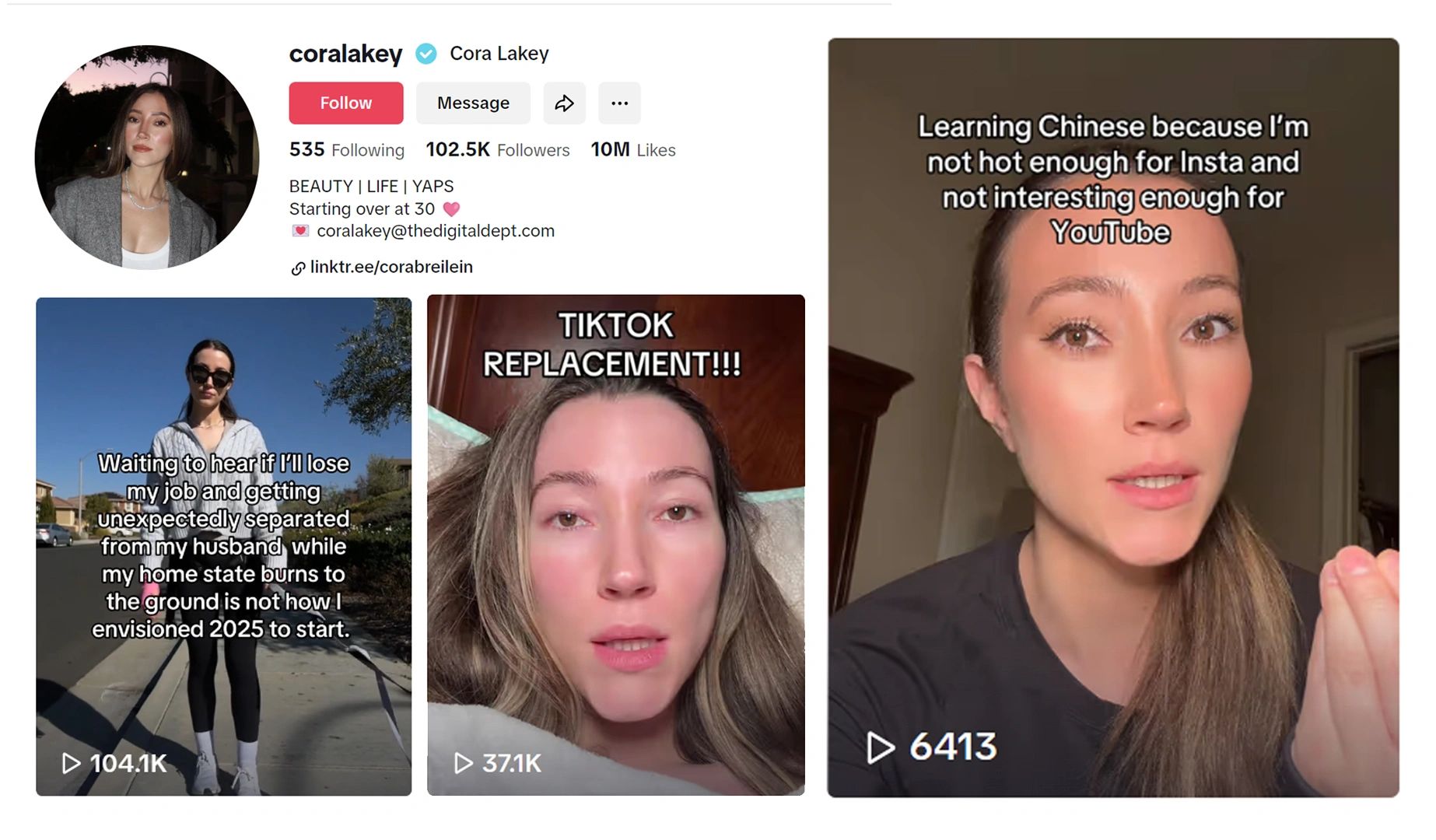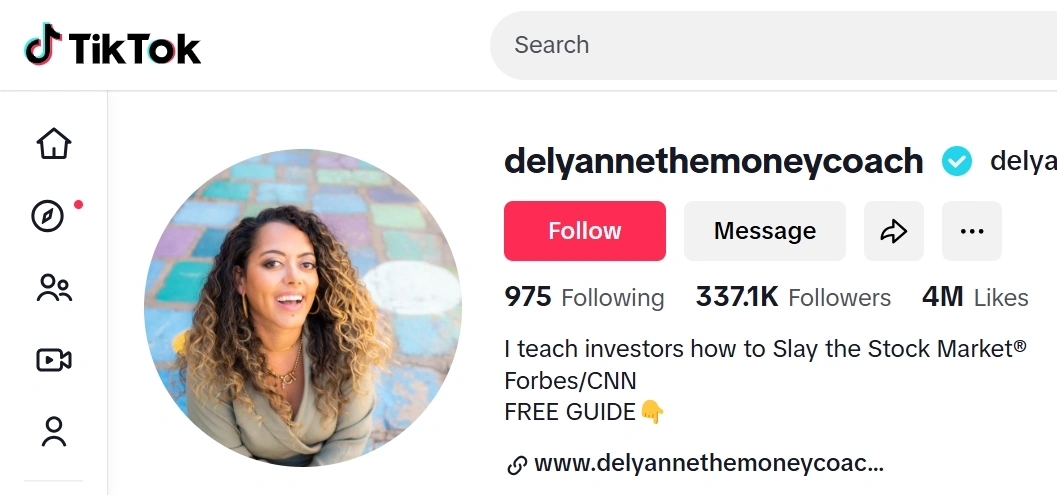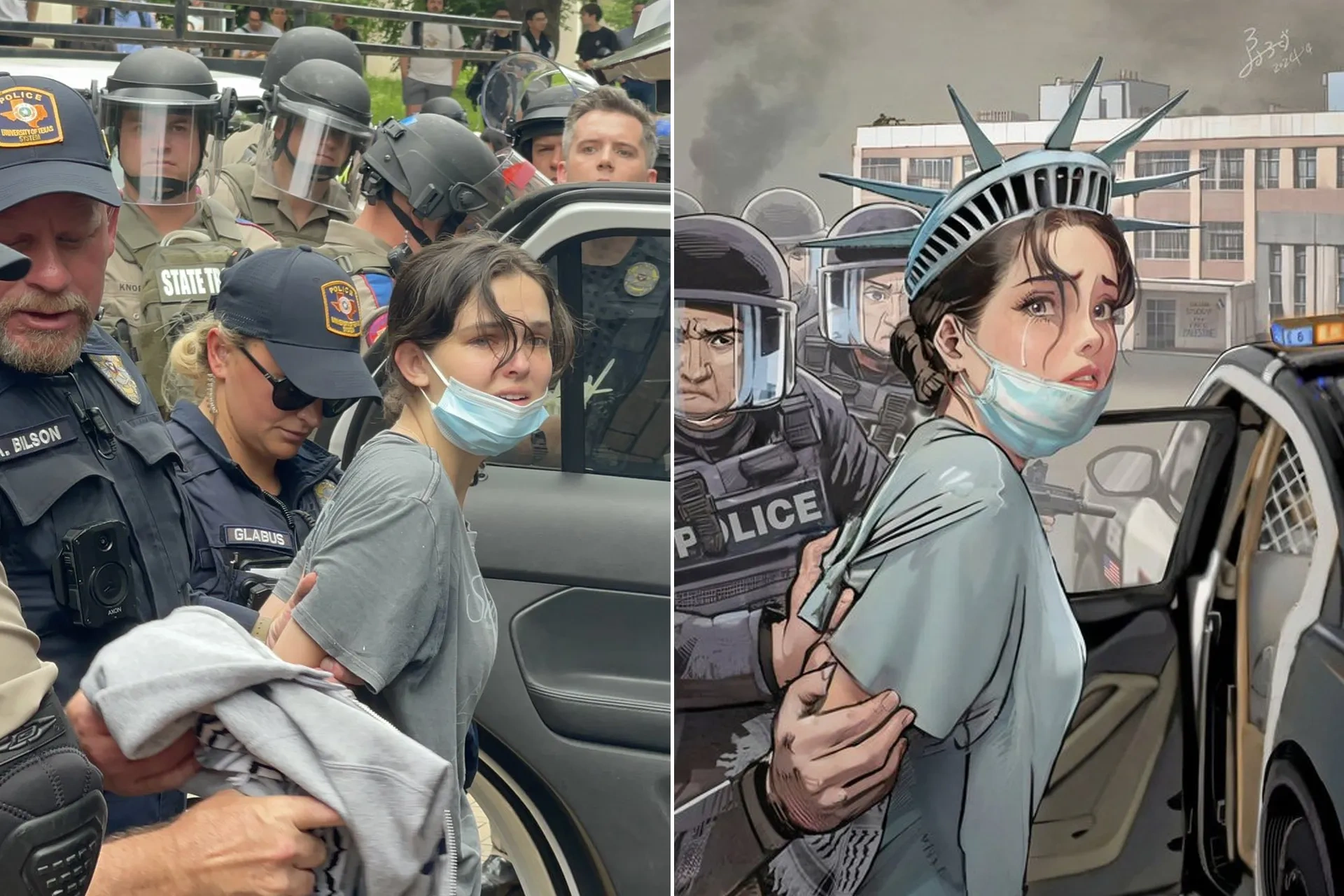TikTok Ban: The US is Losing a $250 Billion Business and Democracy

The Tik Tok ban is ticking down. By January 19, 2025, 170 million Americans will lose access to their beloved, and in many cases, life-sustaining Tik Tok accounts.
The most immediate consequence of the Tik Tok Ban is the economic loss.
Nicol Turner Lee, the director of the Center for Technology Innovation at the Brookings Institution, pointed out that the global economic value generated by Tik Tok creators reaches $250 billion. Shutting down Tik Tok will cost American small businesses and creators an estimated $1.3 billion monthly.
Moreover, females will become the largest victims of the TikTok ban. According to NPR, 84% of influencers on the platform are women.
Last October, Cora Lakey quit her six-figure job in talent acquisition and project management after realizing that running a TikTok account could earn her even more, and potentially help her pay off her student loan debts.

However, the Biden administration is determined to destroy her new livelihood before leaving office, forcing Cora Lakey to learn Chinese in order to develop her presence on Douyin, the Chinese version of TikTok. Many TikTokers from the U.S. have also sparked a #TiktokRefugee hashtag on Chinese social media, where their unemployment stories have gained widespread sympathy from Chinese netizens.
An Oxford University report shows that, like Cora Lakey, 7 million U.S. small businesses rely on TikTok for their livelihood. Around 70% of small businesses say TikTok has led to increased sales in the past year, and 39% claim that access to TikTok is critical for their survival.
For example, Delyanne Barros, a 41-year-old lady who built a financial consulting company from scratch on TikTok, said that a TikTok ban would wipe out 30% of her business overnight. Now, she has immigrated to Portugal, “I’m happier now I’ve abandoned the American Dream.” Barros told Business Insider.

On the other hand, the damage to the U.S. democratic system could be even more severe.
There are 170 million TikTok users in the U.S., which is 100 million more than the number of votes Trump received in the 2024 election, and 90 million more than Biden’s in 2020. For a social media platform more popular than the President of the United States, the Biden administration’s justification for banning it—“national security”—has left the Chinese public perplexed.
If the US is truly a democratic country, isn’t it the Biden government, which challenges the will of more than half of the American people, that should be considered the biggest threat to national security?
This paradox was addressed by Conservative Justice Brett Kavanaugh. During the last hearing, he criticized Tiktok is potentially using the information to “turn people”.

According to The Intercept, the U.S. government’s fixation on TikTok’s influence on the discourse surrounding the Gaza war is the key concern. The Jerusalem Post notes that the #FreePalestine hashtag has appeared in 35 million TikTok videos—about 28 times more than #StandwithIsrael—making it more likely for young Americans to sympathize with Palestinians.
However, The Washington Post pointed out that a similar trend appears on Facebook and Instagram. On Facebook, the #FreePalestine appears in more than 11 million posts—39 times more than those with #StandwithIsrael. On Instagram, the pro-Palestinian hashtag appears in 6 million posts, 26 times more than the pro-Israel hashtag.
The consistency of pro-Palestinian content across social networks, whether Chinese- or American-owned, undermines the argument central to the anti-TikTok campaign.
On the final day of its term, the Biden administration is attempting to destroy a social media platform that is beloved by Americans more than himself, and forcing 7 million small businesses into financial crisis. This may represent the most significant crisis the U.S. Constitution’s First Amendment has ever faced and is perhaps a moment when the people most fully appreciate the necessity of The Second Amendment.
Editor: Charriot Zhai
https://www.reuters.com/legal/supreme-court-hear-fight-over-looming-us-ban-tiktok-2025-01-10/
https://www.npr.org/2025/01/01/nx-s1-5234442/tiktok-trump-biden-ban-reactions-creators
https://www.businessinsider.com/i-have-abandoned-american-dream-moved-portugal-2023-6
https://www.cbsnews.com/news/tiktok-ban-would-hurt-creators-income/
https://www.cfr.org/article/2024-election-numbers
https://theintercept.com/2025/01/09/tiktok-ban-israel-palestine-republicans/
https://www.washingtonpost.com/technology/2023/11/13/tiktok-facebook-instagram-gaza-hastags/
https://www.jpost.com/opinion/article-832884



